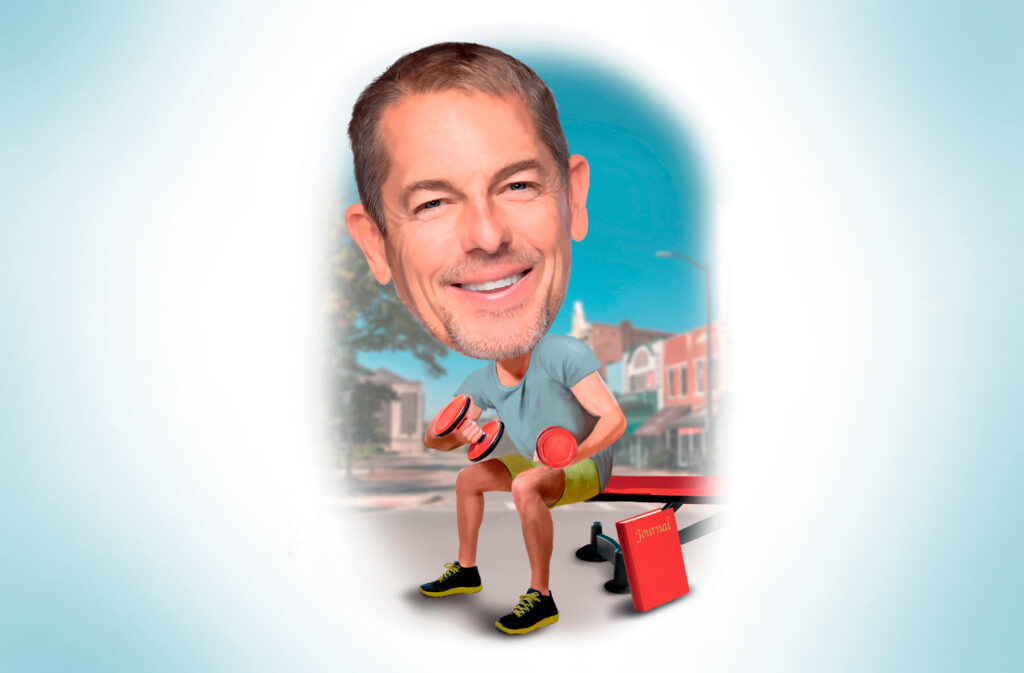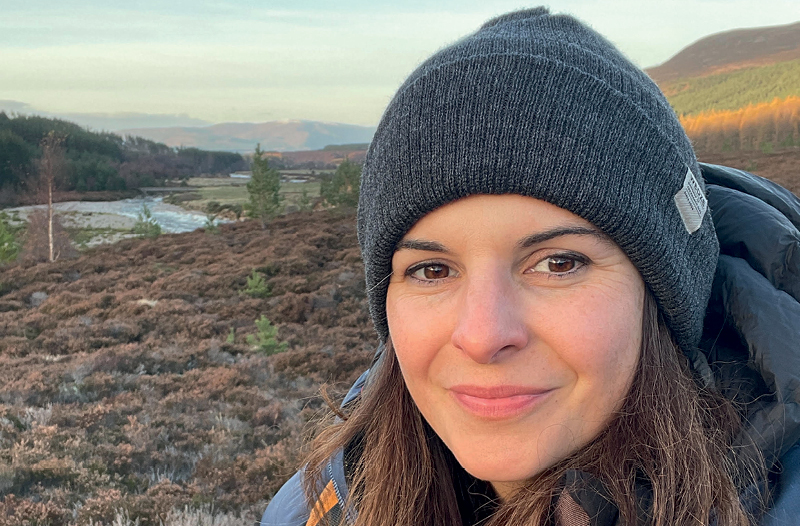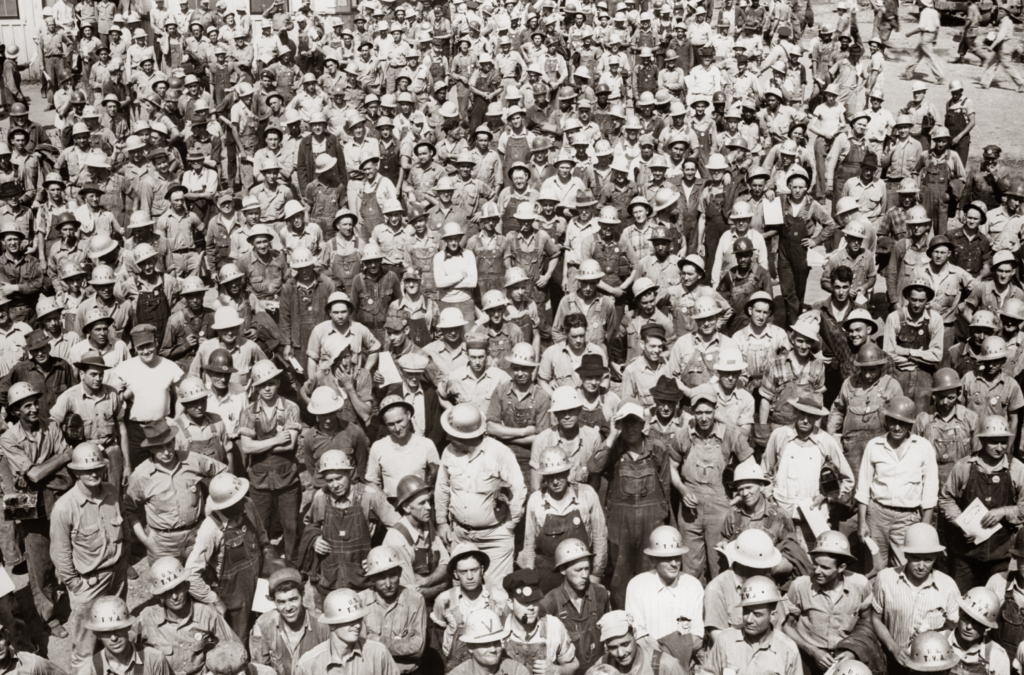
A Little Gonzo Journalism in Your Insurance Future?

Leader’s Edge founding editor Rick Pullen recently sat down with new editor in chief Sandy Laycox to find out just who she is and how she got here. This issue is the first under Sandy’s leadership.—The Editors
I grew up in Miami, Florida, and ended up in Washington, D.C., by way of North Carolina. I studied history and philosophy as an undergrad and decided I loved writing and wanted to get better at it. After a few years out of college, I went back to school and earned a master’s in fine arts in creative non-fiction writing. Since then, I have been trying to meld all those skills into one job, which has proved interesting along the way.
I’ve worked as an editor. I worked for a tiny publisher, in Charlotte, North Carolina. I also worked at a heritage management company, where we dug through archives of companies and created histories of their organizations. It was a talented team of archivists and curators.
Eventually, I went to work for a hospital association, where I began a digital magazine with one of my colleagues. I loved the way we were able to create really compelling stories about people and tie them with the business of how hospitals operate. They were stories through the eyes of the patients.
I eventually found my way to The Council, where I’ve been working with you on Leader’s Edge and expanding my knowledge of insurance, which was limited to healthcare, before coming here. It’s been a great learning experience.
I was working after college for The Princeton Review, which is a test prep company. It was a great job. I learned a lot. I ran some of the programs they offered, and it was a great group of people. But, you know, I reached a point after a few years where my boss said to me, “You’re doing a great job and this could be a career for you. But you’re going to have to want to go run a small office in the middle of the country and go from there.”
So you’re kind of either up or out, basically. I just knew that wasn’t what I wanted to do. And it had never left me how much I enjoyed the way of thinking and writing and recording that I learned about when I studied the new journalism in college. I just decided I wasn’t anywhere near where I needed to be as a writer, but I knew it was what I wanted.
At that point, I left that job and started looking at grad schools and did a lot of really odd jobs for a while. That was the point at which I decided I’m going to try this career path and I might fail miserably at it. If I do, I’m going to be a really good lawyer instead.
When I was in college, I was studying history and philosophy. As a history major, you had to take a deep-dive course before you graduated. There was one topic, and it was a very small class and there was a thesis-style paper at the end, and it was a big deal for a history major.
So I kept looking at the offerings each semester as I moved on in my college career. Nothing ever really interested me enough until they posted the topics before my senior year. There was a new course, and it was “A Study of Countercultures.” I was like, OK, this looks really interesting. And it was bohemians and beats and hippies, all the way through roughly the 1980s. I loved it. It was so interesting to read about these groups of people in American society and how they changed some things. And I ended up focusing on the rise of the new journalism for my thesis.
I worked with someone, years ago—she was a great editor, and she always said, “You know, style and grammar are tools that you should use to make writing more digestible and easy to read, but you should not be bound by those tools.”
It’s something that I very much agree with. So, for me, I hear it. I hear it in my head, and if it sounds right, it usually is.




